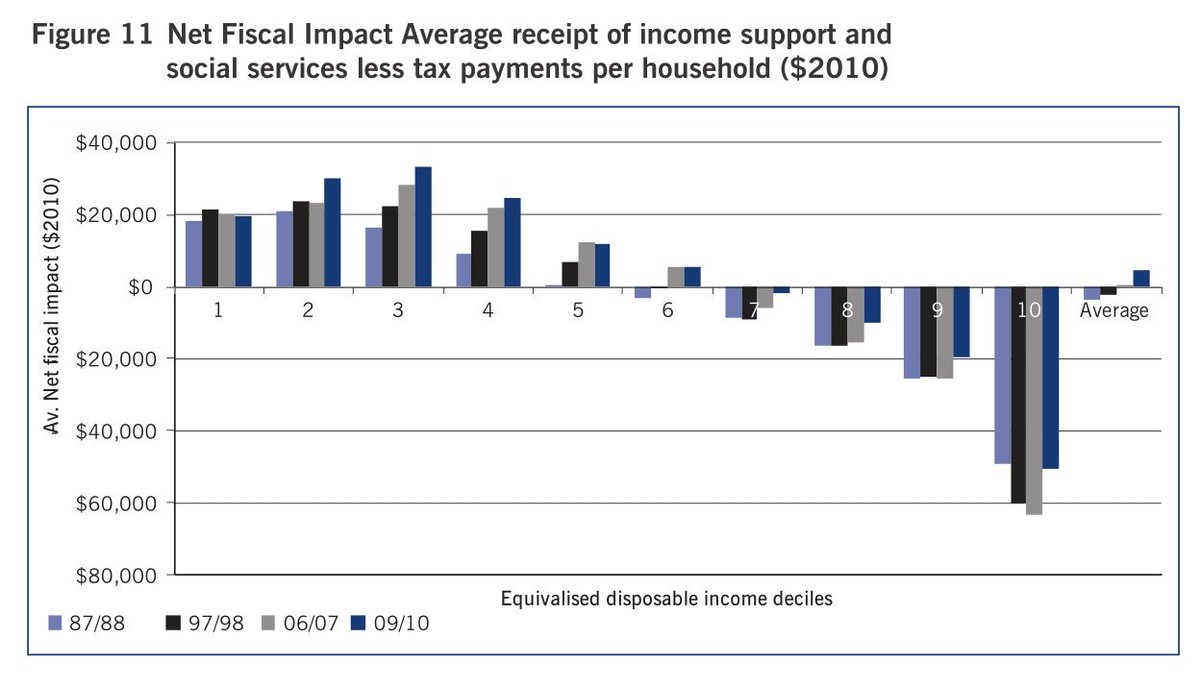Geektastic:
So, if the government ceases to provide health cover, buys a huge chunk of shares in the insurance companies as an investment (thus owning part of the companies and getting profit share via dividends) and then allows a tax deduction on the premiums payable to those companies, is that similar or dissimilar?
Sounds very convoluted and likley to have deadweight loss everywhere. Plus a 'huge chunk' of shares doesn't necessarily give them the same kind of control that full ownership does. Maybe they just pay their management huge salaries to reduce profit.
IMO, some (most) things should be left to the free market, but there are a few things that make sense to fund out of taxation, either because they are natural monopolies, or they provide a large social benefit (or both). Education, healthcare, roads, heck probably utility networks too.
NZ needs to ensure that everyone is paying their fair share of tax - and there are not loopholes allowing the rich to pay little to no tax. This is both unfair on others with wealth who do pay large amounts of tax, and the population more generally. But if you want to flatten out the tax curve, you need to reserve the current trend of wealth distribution. Lots of doing well middle class people paying moderate tax rates is far better than a few super wealthy paying the bulk of the tax.
I pay a marginal tax rate of 39.5c in the dollar (inc. Medicare) in AU, and I'm quite happy to pay that providing it's money spent on things that make sense for the govt to provide like good education, quality healthcare, police, fire services etc and well structured social safety nets.




